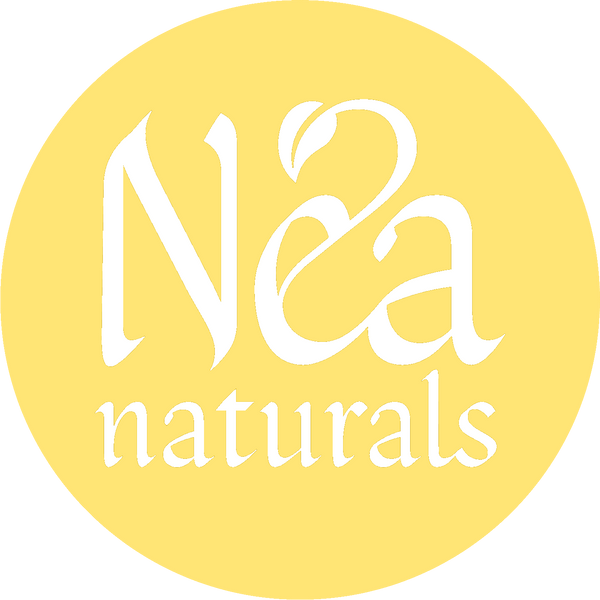
Are your Anti-Aging products KILLING you?
Share
Ingredients you should avoid
#1 Parabens
Parabens are the most commonly used preservatives in the cosmetics industry. While they prevent mold, fungus and parasites from sprouting and growing in your products they consequently can be absorbed through the skin.
Consequently there is a growing concern that excessive use of parabens may give rise to breast cancer in women and testicular cancer in men.
Look for and AVOID these ingredients:
- benzylparaben
- butyiparaben
- propylparaben
- methylparaben
- ethylparaben
- isobutylparaben
While parabens are commonly used, there are many wonderful products that are formulated without them, utilizing more natural preservative alternatives
#2 Formaldehyde releasers
Formaldehyde releasing ingredients are added to give products a long shelf life. The Environmental Working Group rates formaldehyde as a number 10 on their rating system. The worst rating BTW! Yikes!
Formaldehyde is a known human carcinogen and can trigger allergic skin reactions.
Here are the top 4 formaldehyde releasers in skin care products:
- Quaternium-15
- DMDM Hydantoin
- Ureas
- Sodium Hydroxymethylglycinate
#3 Fragrance
Federal law doesn’t require companies to list on product labels any of the chemicals in their fragrance mixture. This is how company may easily hide harmful ingredients or claim to have a “secret/proprietary" blend
Fragrances can contain hormone disrupting ingredients and have been associated with allergies, dermatitis, respiratory distress, and potential effects on the reproductive system. Most of all, Fragrances are among the top 5 allergens in the world!
Hidden among the “fragrance cocktail” is a harmful ingredient called Phthalates.
Phthalates have been found to act as a hormone disruptors and have been linked to reproductive defects, insulin resistance and developmental problems in children.
Stick to products that are scented with natural essential oils, natural fruits and herbs instead.
#4 Hydroquinone
This is a skin bleaching agent that is used to lighten pigmentation on the skin due to sun damage or hormonal changes. It is banned in Europe and is highly irritating causing contact dermatitis, allergic reactions, respiratory issues and may be a carcinogen.
There is strong evidence that it causes damage to skin and weakens collagen and elastin.
Hydroquinone is easily absorbed through the skin and carried systemically in measurable amounts appearing in urine after topical application. Blood cell toxicity and leukemia have been associated with hydroquinone absorbed throughout the body.
Safer choices: Start with PREVENTION – sun protection. Gentle acid or enzyme peels work well to lighten pigmentation as well as non-toxic lightening serums.
#5 Benzoyl Peroxide
This ingredient is unfortunately the most commonly used ingredient for the treatment of acne. ProActiv, a popular acne product line, states this on their website:
“Benzoyl peroxide is widely known as one of the best anti-acne treatments because it starts killing bacteria on contact in the pores.”
What they don’t mention is that benzoyl peroxide is highly irritating and will strip your skin of its natural oil production and wipe out the beneficial microbiome. Prolonged use can age your skin much quicker. It also leaves your skin more prone to sun damage.
Benzoyl peroxide has been linked with the promotion of tumor growth and produces toxic effects in the body simply through inhalation.
Safer choices for acne: Salicylic Acid, fruit enzymes, alpha-hydroxy acids, Pure essential oils. Such as tea tree and lavender
#6 Petrolatum
Petrolatum is a semisolid mixture of hydrocarbons obtained from petroleum. This is the same substance in which motor oil is made! It is also known as Xylene, Toluene, Mineral oil and Liquid paraffin.
In addition, Petrolatum is known as a probable carcinogen because of the high possibility of contamination with carcinogenic materials or ingredients.
#7 Oxybenzone
This is a popular sunscreen agent and ultraviolet light absorber in many sunscreens. It has been linked to irritation, sensitization and allergies and may disrupt the hormone system.
This chemical absorbs through the skin in significant amounts. According to research by the Centers for Disease Control and Prevention, it contaminates the bodies of 97% of Americans! WOW!
Oxybenzone is linked to irritation, sensitization, allergies, endocrine disruption, and organ system toxicity.
Safer choice: Choose an all-mineral sunscreen with Zinc Oxide
#8 Artificial Dyes and Synthetic Colors
Most are made from coal tar which is carcinogenic and likely to cause skin sensitivity and irritation. More Carcinogenic toxins to just simply avoid.
